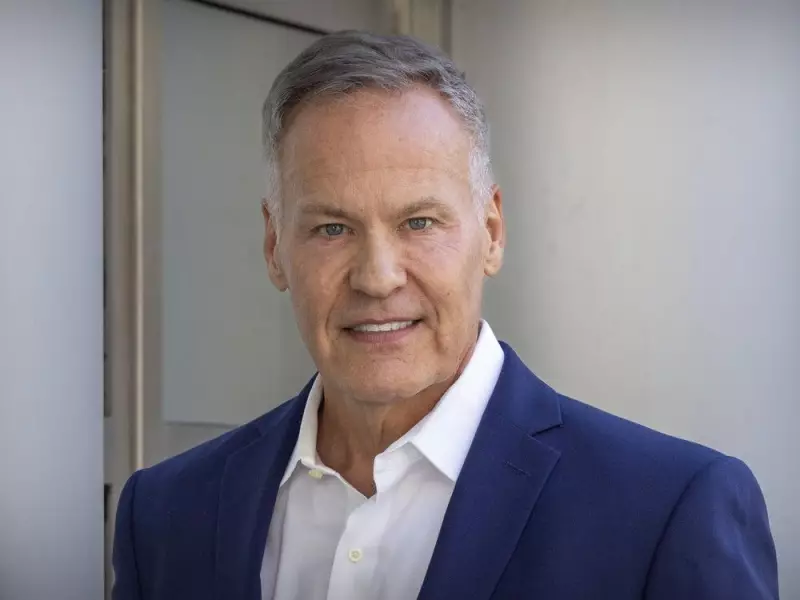
The race for Montreal's mayor's office has taken an intriguing ethical turn as candidate Luc Rabouin finds himself walking a political tightrope between ambition and integrity. The current borough mayor of Plateau-Mont-Royal faces mounting questions about his campaign financing strategies that have ethics watchdogs raising eyebrows.
The Heart of the Controversy
At the center of the storm is Rabouin's decision to continue fundraising activities while simultaneously serving as borough mayor and campaigning for the city's top job. Critics argue this creates a troubling perception of influence-peddling, where donors might expect preferential treatment from a candidate who could soon hold significant municipal power.
Rabouin defends his position by pointing to Quebec's strict campaign financing laws, which limit individual donations to just $100. He maintains that his approach is both legal and transparent, arguing that the small donation cap prevents any single contributor from wielding undue influence.
A Delicate Balancing Act
The situation highlights the complex dance municipal politicians must perform when transitioning from local leadership to city-wide campaigns. Rabouin insists he's maintaining a clear separation between his current borough responsibilities and future mayoral aspirations.
"I'm being very careful to follow all the rules," Rabouin stated in recent comments. "The donation limits in Quebec are among the lowest in North America, which protects the political process from being dominated by big money."
What This Means for Montreal Voters
For Montreal residents, the controversy raises important questions about political ethics and transparency in municipal governance. The situation demonstrates how even technically legal campaign practices can create ethical gray areas that concern voters and watchdogs alike.
As the election season progresses, all eyes will be on how Rabouin navigates these choppy ethical waters and whether voters see his approach as savvy politics or concerning behavior.
The Bigger Picture in Municipal Politics
This incident reflects broader challenges in Canadian municipal politics, where candidates must balance fundraising needs with maintaining public trust. The Rabouin case serves as a reminder that in the digital age, political campaigns face unprecedented scrutiny from both traditional media and social media watchdogs.
With Montreal's diverse electorate increasingly focused on government transparency and ethical leadership, how candidates handle these delicate situations could prove decisive when voters finally head to the polls.





